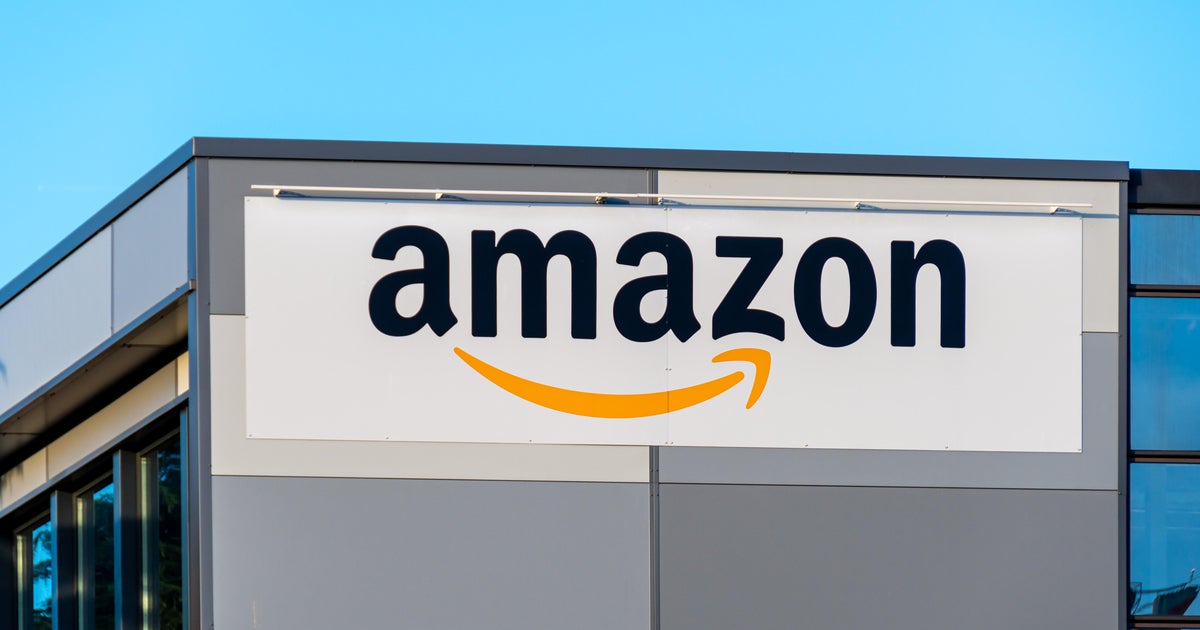In a recent development that has ignited a flurry of political commentary, the White House slammed Amazon’s reported plans to display tariff costs on imported goods directly alongside product prices. White House press secretary Karoline Leavitt branded the move as “a hostile and political act,” intensifying the already heated discourse surrounding trade policies and their intersection with corporate practices.
According to a story initially broken by political news site Punchbowl, Amazon is considering implementing a new feature on its platform that will clearly show customers the tariff charges applicable to imported products. This move is purportedly aimed at providing consumers with a transparent breakdown of how much of their payment goes towards covering these newly imposed costs. The discourse around this change is rooted deeply in ongoing national debates about trade policies and their effects on prices and inflation.
During a press briefing, Leavitt took a critical stance, questioning the timing of Amazon’s initiative. “Why didn’t Amazon do this when the Biden administration hiked inflation to the highest level in 40 years?” she asked. This remark underscores a broader criticism by some political factions that current economic policies have contributed significantly to inflationary pressures, though many economists argue that multiple factors, including global supply chain disruptions, have played a role.
In contrast, Amazon has offered clarifications which seem to downplay the significance of the Punchbowl report. Tim Doyle, a spokesperson for Amazon, emphasized that the idea to list import charges was considered but never approved. Their statement to CBS News highlighted that this change is not going to happen. This response might reflect Amazon’s attempt to steer clear of political controversy, especially given its major role in global commerce and its impact on pricing dynamics.
In a twist that links the upper echelons of political and corporate power, President Trump himself confirmed that he had a conversation with Amazon founder Jeff Bezos. Describing the exchange as positive, Trump remarked, “Jeff Bezos was very nice. He was terrific. He solved the problem very quickly. And he did the right thing.” This conversation appears to be part of a broader dialogue involving significant tariff adjustments. The President, noted for his aggressive trade policies, has recently imposed tariffs as high as 145% on goods imported from China. Meanwhile, he has introduced a base tariff rate of 10% on most goods from other countries during a 90-day pause aimed at reassessing trade policies.
Tariffs, by their very nature as import duties, are typically passed down to consumers in the form of higher prices, making imported goods more expensive and potentially altering consumer behavior and business strategies. The effect of this can be seen in the pricing strategies on platforms like Amazon, where, according to SmartScout, a price analysis tool, sellers have raised prices on nearly 1,000 of the top 100,000 selling products by an average of 30%. Amazon contests this figure, arguing that these increases represent only a small fraction of products and averred that price changes have not deviated significantly from normal fluctuations.
Moreover, in response to the increasing tariffs, some niche retailers have taken direct measures by adding specific surcharges related to tariffs. For example, Dame, a sexual wellness brand, has incorporated a $5 “Trump tariff surcharge” in its online checkout process, clearly attributing this additional cost to recent tariff increases.
As this debate unfolds, it’s clear that the intersections between trade policies, corporate decision-making, and consumer prices are complex and fraught with political overtones. With the administration making a hard stand against inflation and companies navigating these choppy waters, the impact on everyday consumers remains at the forefront of these discussions.
This unfolding narrative also highlights broader trends in commercial transparency, consumer rights, and the socio-economic implications of national policy decisions on global trade practices. Whether or not Amazon will go forward with displaying tariff costs on their platform, the discussion itself sheds light on the often-underestimated power of corporate decisions in the landscape of global economics.
In wrapping up this extensive discourse, the actions and reactions from various stakeholders—ranging from the White House to one of the world’s largest retail platforms—underscore the intricate dance between politics and commerce in an era of rapidly shifting trade dynamics. With the potential implications such policies and corporate practices have on pricing, inflation, and ultimately the consumer wallet, it is a subject that merits widespread scrutiny and thoughtful discussion.
Contributions to this report were made by Kathryn Watson, a seasoned correspondent known for her coverage of dynamic economic and political issues.









